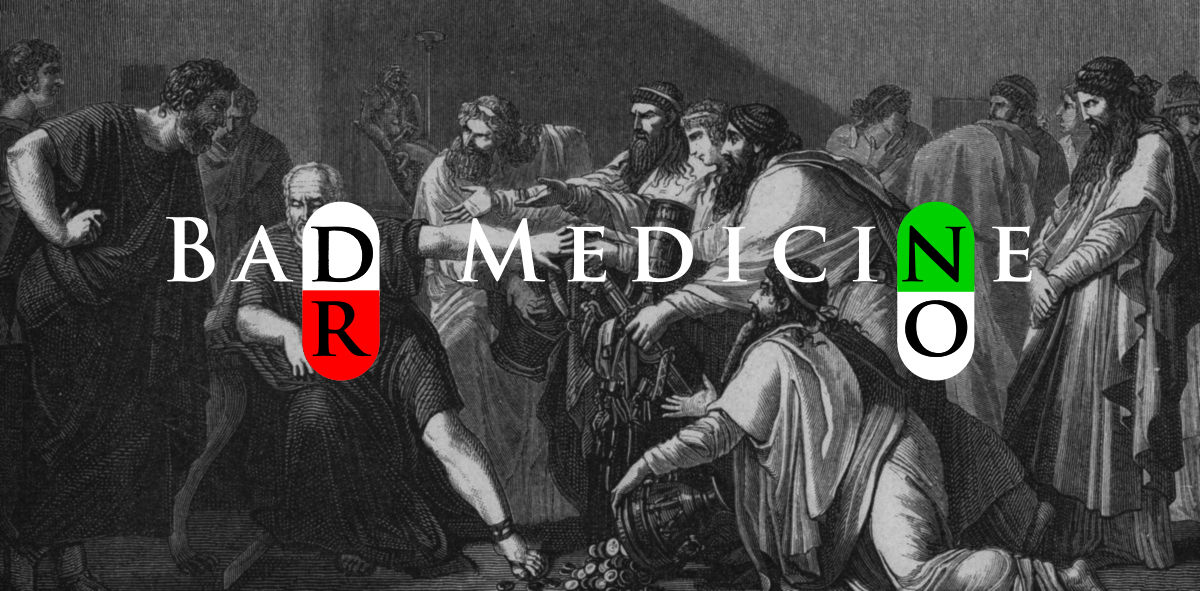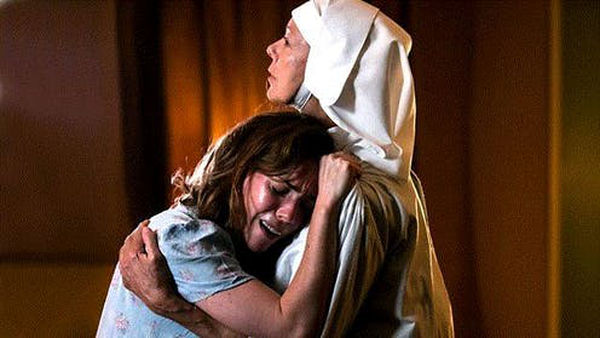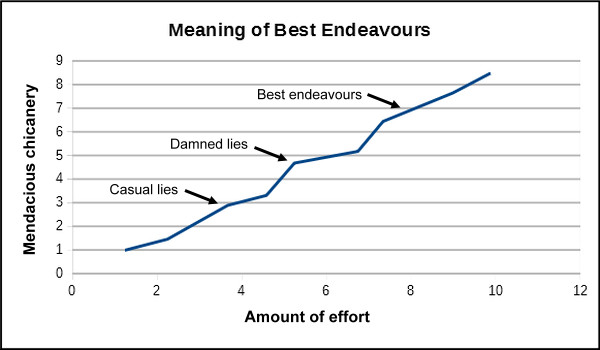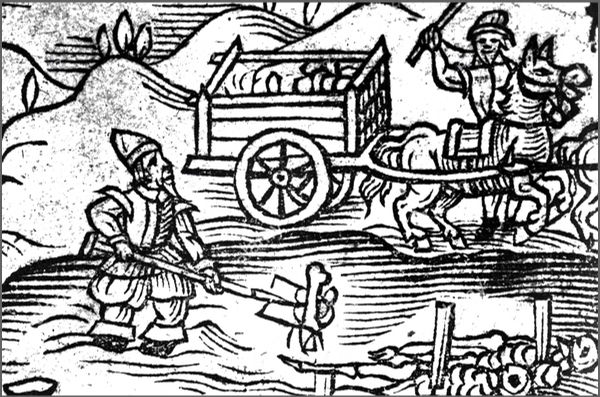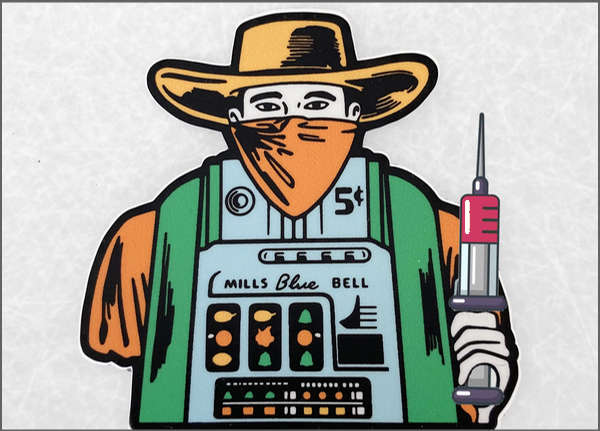
Dr No had high hopes that, given recent data published by ONS, PHE and NHS England, on deaths by covid vaccination status and vaccination rates, he would be able to get something of an answer to the vexed question of whether the covid vaccines increase or decrease overall mortality. Fat chance. He quickly found himself wandering on a tundra of statistical quicksand. Key data was missing, and the numbers that were available simply didn’t add up. He spent far more time than he should have done peering up ONS drainpipes and down PHE rabbit holes getting nowhere. It was yet another landscape of cavernous numbers meaningless to man. Nearing desperation, he was about to give up, when it occurred to him that he could make a simple adjustment, and get an answer. This post describes the calculations, including the adjustment — which is not without it problems — and comes to two important conclusions: firstly that covid vaccines may well increase mortality in the short term, and secondly, being unvaccinated does not appear to carry increased mortality risk.
